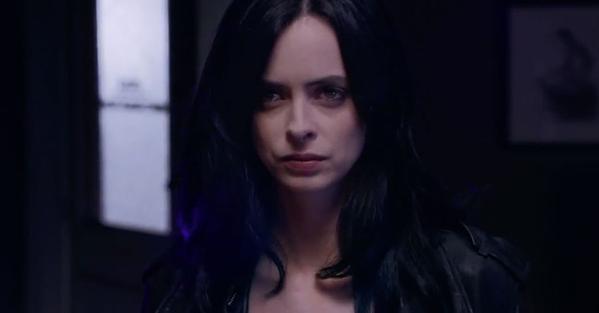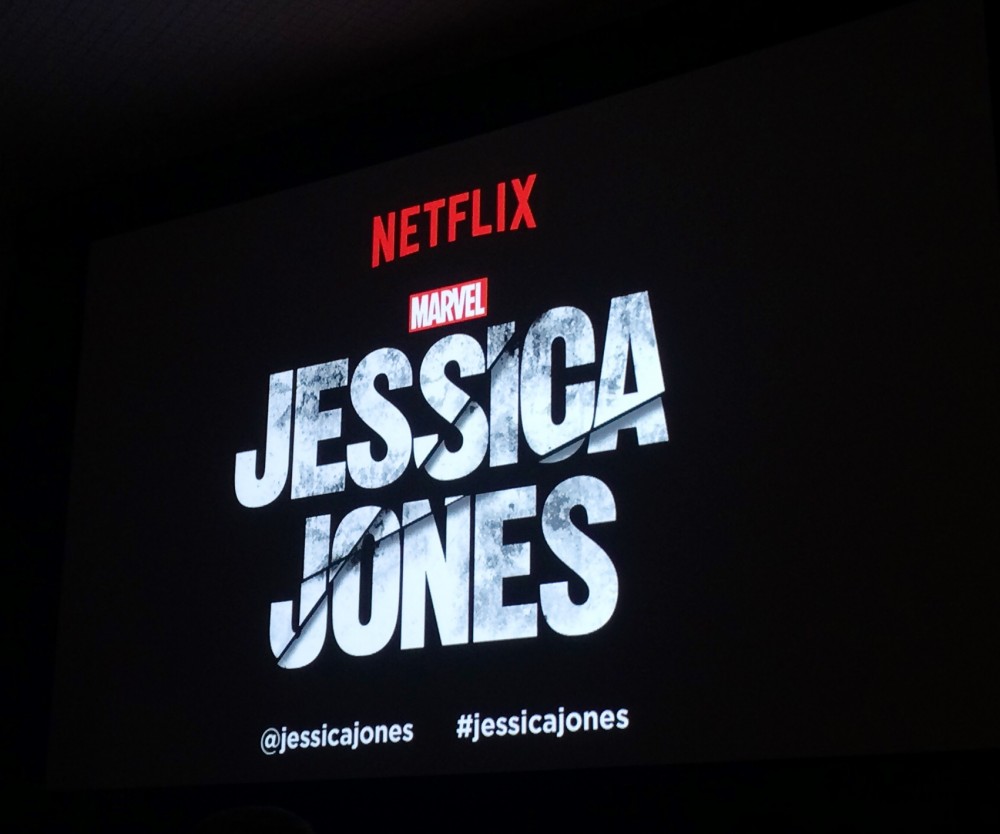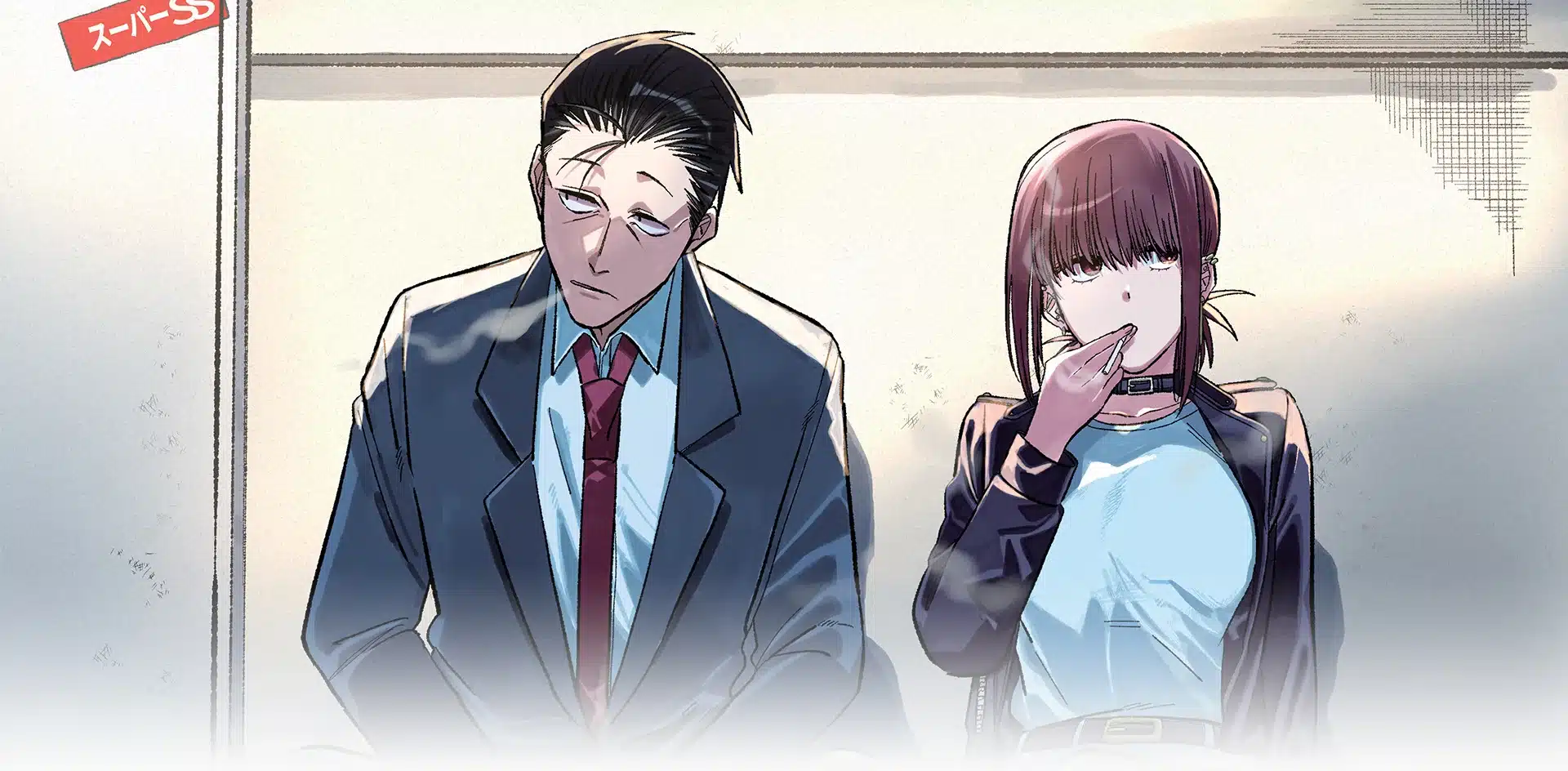Jeph Loeb was in an unenviable position at the NYCC panel for Jessica Jones. The Head of Television for Marvel Entertainment stood before 3,500 fans and delivered the news that David Tennant, who plays Kilgrave in the forthcoming Jessica Jones series, wouldn’t make his planned appearance. Smartly, Loeb quickly rolled footage of Tennant apologizing for his absence and telling the audience they would get to exclusively screen a clip from the show.
Loeb played to the crowd’s disappointment in saying he didn’t have a clip to show them, pausing for effect before announcing the assembled would instead screen the pilot episode of Jessica Jones in it’s entirety. The titular character, played by actress Krysten Ritter, is a newer entry to the Marvel pantheon of heroes. Created by writer Brian Michael Bendis and artist Michael Gaydos in 2001, Jones had a short career as the superpowered vigilante Jewel before long-time Daredevil villain Kilgrave used his considerable power to turn her to a life of crime.
In the pilot for Jessica Jones, created in partnership with Netflix, most of this backstory is only hinted at. The extent of Kilgrave’s destructive power is only revealed in the final moments of the episode, which mostly devotes it’s time to establishing Jones’ bleak existence and her attempts to distance herself from others as much as possible.
While it’s an interesting choice, it renders the pacing a bit slow. We see Jones wallowing in her post-Jewel life: beating up a client of her private investigator service, drinking, shaking down lawyer Jerry “Jeryn” Hogarth — played brilliantly by Carrie-Anne Moss — for gigs serving legal notice of lawsuits, drinking, staking out Luke Cage (Mike Colter), and some more drinking.
Between swigs of whiskey, Jones gets in a steamy sex scene that’s more played for laughs than titillation, as well as a lackluster plot involving a strip-club owner that mostly allows Jones to show off her skills of deception, intimidation, and a little super strength.
The third act of this pilot is when things really start cooking. While it’s fun to watch Ritter’s talents at deadpan humor on display — last seen in the underrated Don’t Trust the B—- in Apartment 23 — it’s more satisfying when placed in context with her PTSD. Jones isn’t simply disaffected, she’s haunted and almost schizophrenic at times. The reasons for her caustic demeanor become clear in a scene with Trish “Patsy” Walker (Rachael Taylor), a former friend who isn’t fooled by Jones’ tough-girl act. By the time Jones is making the all-important choice of whether to put her safety on the line to save Hope (Erin Moriarty), a young woman who has fallen victim to Kilgrave’s influence, the intensity of the narrative hits its boiling point and ends the episode on strong footing.
It’ll take a few more installments of the series to tell whether or not Jessica Jones has the potential to reach Daredevil-levels of binge watchability, but the pilot makes a strong case for viewers to load up Netflix on November 20th to find out.








